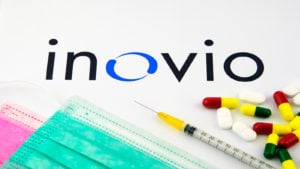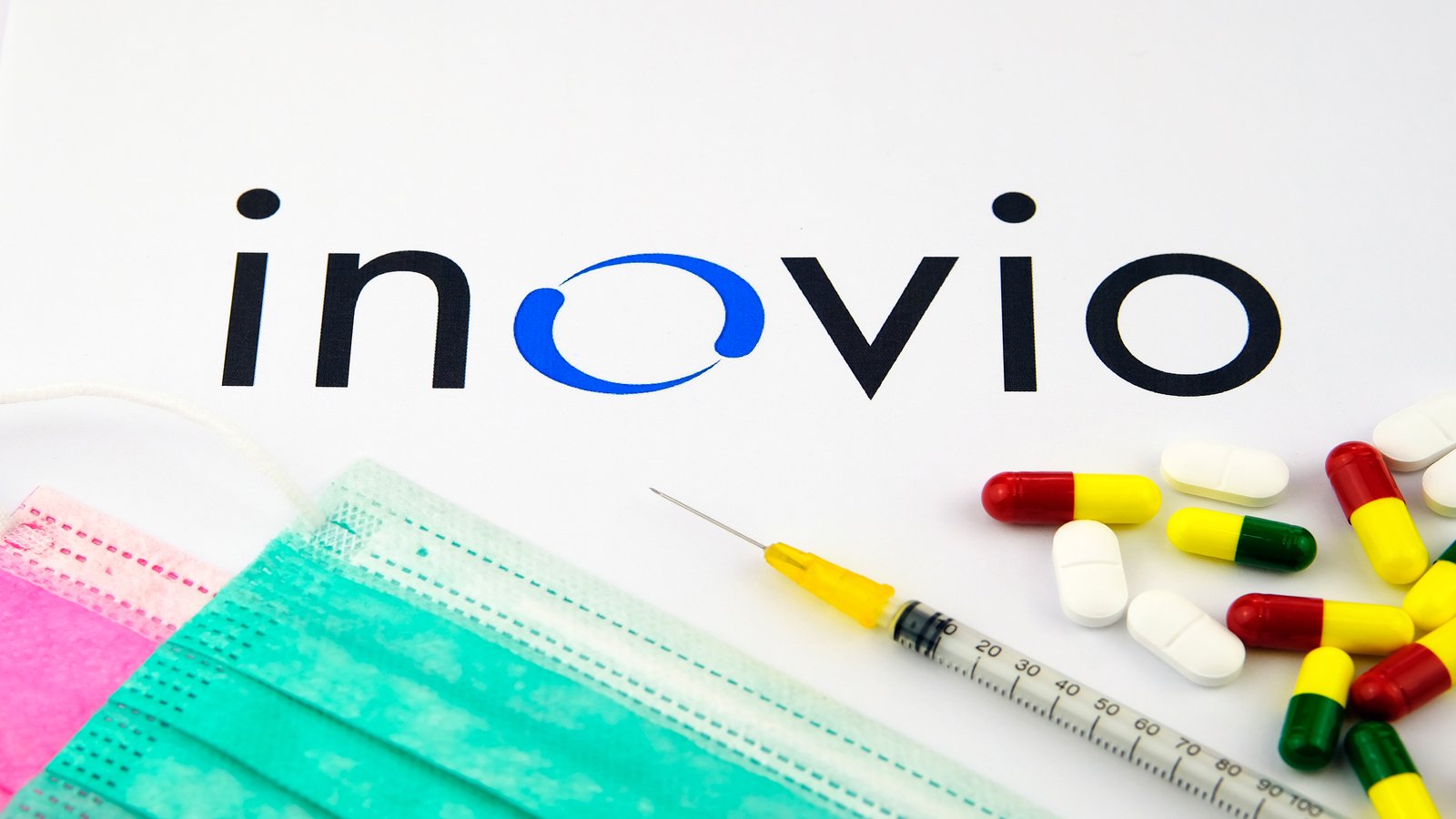Back in June, Inovio (NASDAQ:INO) more than doubled in three sessions. The catalyst was the receipt of a $71 million contract from the U.S. Department of Defense. The move was all the more impressive given that INO stock had gained 364% in 2020 even before the announcement.

Optimism toward the company’s INO-4800 candidate for a coronavirus vaccine was the key driver. The DoD win sparked hopes that Inovio would be part of the federal government’s Operation Warp Speed, which would provide much-needed funding.
But since those heady days, INO stock has headed in the wrong direction. On Friday, it closed at its lowest level in almost five months. Shares are down 69% from their close on June 25.
The sharp decline over such a short period of time (a little over ten weeks) might seem like a buying opportunity. But as I’ve been for some time, I remain skeptical. All the red flags that surrounded Inovio in June (and before that) remain. And progress over the past few weeks has to be viewed as a disappointment.
Put simply, in the race for a coronavirus vaccine, Inovio clearly has fallen behind. That’s why INO stock is cheaper — and why that cheaper price isn’t a buying opportunity.
A Closer Look at INO Stock
The core problem of late is that Inovio hasn’t given investors any real reason for optimism. Actual funding from Operation Warp Speed hasn’t materialized. And Inovio could have used the cash: it’s already sold some $330 million in stock just in the first half of the year, according to filings with the U.S. Securities and Exchange Commission.
The bigger issue seems to be Inovio’s second quarter earnings report last month. The actual numbers aren’t of much import, of course. But as several analysts noted, commentary from the company “left more questions than answers“.
The Phase 1 trial for INO-4800 does not appear to be moving quickly in terms of adding patients. There was some commentary on the second quarter conference call surrounding immunogenicity and T-cell responses for the vaccine, but not enough for investors to draw solid conclusions.
Inovio simply isn’t giving investors a reason to buy right now. That’s a problem, because the reasons to sell (or avoid) INO stock remain.
The Concerns
Inovio’s slow pace of late is a problem in two contexts.
The first is the company’s history. Inovio has been around for over 30 years — and never brought a product to market. Even worse, no DNA-based vaccine from any company has ever been approved.
Meanwhile, every time there’s been a pandemic, Inovio has talked up its progress — and sold plenty of stock. As Citron Research noted in April, Inovio made a lot of noise about its vaccines for the Zika virus, for avian flu, for MERS, and for Ebola.
None of the products panned out; all, at least based on SEC filings, appear to be dormant in terms of R&D. (Results on the Zika vaccine were supposed to be released last year; I don’t believe Inovio has provided an update since.)
The big risk is that Inovio’s response to the coronavirus is going to look like its responses to past pandemics over the past ten-plus years. A lot of early optimism, followed by disappointment.
The second issue is that Inovio is not alone in developing a vaccine. Literally dozens of companies are developing their own candidates. Many of them are far larger, like global pharma players Johnson & Johnson (NYSE:JNJ) and AstraZeneca (NYSE:AZN). Moderna (NASDAQ:MRNA) has received Warp Speed funding, and CureVac (NASDAQ:CVAC) has the backing of the German government.
It’s likely that there will be more than one vaccine approved. As a result, speed matters too. Inovio’s slow pace raises the risk that even if it’s successful in developing a vaccine, it may lose potential profits by getting to approval later than bulls hoped — and later than faster rivals.
Don’t Dismiss the Concerns Surrounding INO Stock
None of this is to say that Inovio has zero chance of success. It’s not to say that INO stock is a short.
Indeed, there’s still an intriguing case here. Inovio has posted promising results in terms of safety and efficacy in primates and mice.
And the race for a vaccine will be chaotic. Choosing the winners right now with any degree of certainty is impossible. But that’s precisely the point.
No one knows for certain. And so INO bulls can’t just ignore the concerns — which are real. I made this point relative to fellow coronavirus play Sorrento Therapeutics (NASDAQ:SRNE), but shareholders shouldn’t ignore concerns raised by skeptics — or even short sellers.
Those bears have gone after Inovio, with well-known firms Muddy Waters Research and Citron Research both releasing critical reports. Both reports may prove to be too skeptical — but each highlights very real risks.
Inovio does have a three-decade history with zero approved products. Its management has made questionable assertions, notably the claim to have developed a vaccine within three hours. And the last few weeks have been quiet — too quiet.
It bears repeating: that doesn’t mean Inovio will be failure. But it does suggest caution. That caution is why INO stock has retreated so far in the last few months — and why I’m far from convinced a rebound is on the way.
On the date of publication, Vince Martin did not have (either directly or indirectly) any positions in the securities mentioned in this article.
Vince Martin has covered the financial industry for close to a decade for InvestorPlace.com and other outlets.
